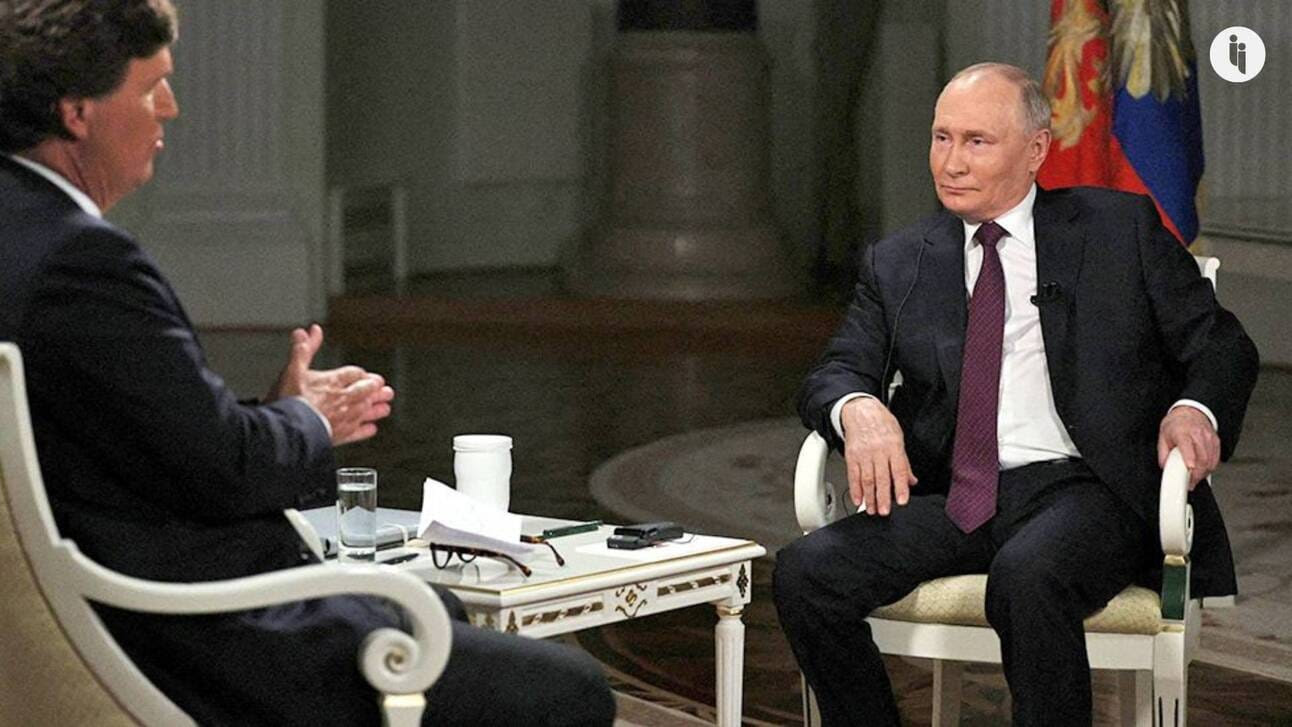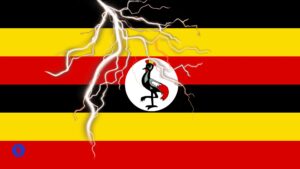US pundit Tucker Carlson released his highly-anticipated yet controversial interview with Russian President Vladimir Putin on Thursday night (US time).
It was highly-anticipated because this was Putin’s first Western media appearance since he invaded Ukraine in early 2022.
And it was controversial because of the real tension between the value of hearing a world leader speak, versus:
Stay on top of your world from inside your inbox.
Subscribe for free today and receive way much more insights.
Trusted by 129,000+ subscribers
No spam. No noise. Unsubscribe any time.
- The reality of them using the platform for their own objectives
- The calls to hold them to account (Putin is wanted for war crimes)
- The plight of some 22 journalists now languishing in Russian jails, and
- The last two years of rejecting other less sympathetic interview requests
At its heart, you could say it’s about the tension between dealing with the world as it is, versus the world as it ought to be.
So with that in mind, here are five things that jumped out at us from Putin’s interview.
First, it was Putin’s interview: the Kremlin itself says it granted Carlson the interview because he’s more Moscow-friendly, and the timing clearly suits, too (as US Congress debates aid to Ukraine, and during a US election year). To boot, Putin kept Carlson waiting for hours, and often dominated the proceedings.
Second, Putin spends a quarter of the two-hour interview delving into his own version of history with some real howlers, such as claiming his own withdrawal from Kyiv was a gesture of goodwill (rather than a military defeat). Putin eventually gets to his point to justify his invasion: “Ukraine is an artificial state that was shaped at Stalin’s will“.
Third, it’s notable how much Putin dwells on Western leaders, often painting them as snubbing or betraying him. It’s a reflection both of his yearning to be a historic figure, as well as his populist instincts – claims to foreign victimhood can help bolster domestic unity, while adding an aura of righteousness to his rule.
Fourth, in shrugging off Carlson’s request to free Wall Street Journal reporter Evan Gershkovich (who’s facing espionage charges he denies), Putin draws no real distinction between spying and journalism. Instead, he makes clear that Gershkovich’s fate is tied to the release of Russian spy Vadim Krasikov, who’s serving a life sentence in Germany for an assassination there.
And finally – there were some unexpected moments, such as Putin being asked (and answering) whether he sees God at work: “no, to be honest” was his reply.
How did the world react?
While Tucker’s supporters emphasised the value in hearing from Putin direct, folks in Poland were disturbed by how much they featured in Putin’s history, even prompting their foreign ministry to release a statement on his “10 lies”.
Former British leader Boris Johnson (another recurring character in Putin’s history) wrote it was all “ludicrous”, while Germany’s Olaf Scholz said the interview was “absurd“. And The Wall Street Journal reiterated that “Evan is a journalist and journalism is not a crime.”
Of course, as you might imagine, the interview also touched raw nerves among the 40 million people living in the country Putin described as ‘artificial’: Ukraine.
INTRIGUE’S TAKE
At the start of the interview, Putin jokes whether this is a “talk show or a serious conversation?” Our sense is it was neither. It was a presentation, largely unchallenged, of Putin’s worldview. And it mostly confirms what we already knew: he’s a revisionist, using his version of history to justify his invasion.
So is the world better or worse off having heard this interview? Probably neither. The world has already moved on.
And that brings us to the bigger question of whether Putin achieved his likely aims, such as stoking Western divisions, projecting a calm sense of inevitability, undermining America’s faith in its leaders, and shifting the war further to his advantage. But our sense is he probably achieved very little.
It’s one thing to rewrite history, another to be dull while you do it, and still another to do it all on the eve of the Super Bowl. While 115 million Americans watched the Chiefs play the 49ers yesterday, the Senate finally pushed through a bill to keep backing Ukraine. It now goes to the House.
Also worth noting:
- Carlson’s critics have highlighted topics missing from the interview, like Putin’s treatment of local opposition figures and journalists, and the staggering casualties Russia has taken so far.








